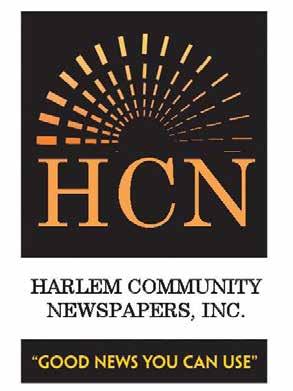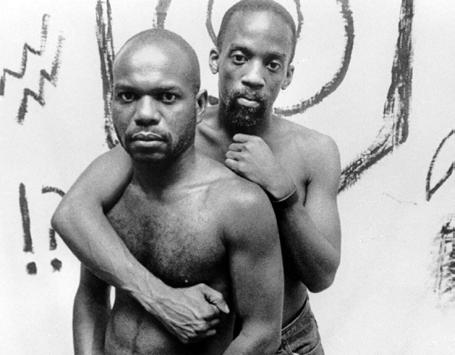
4 minute read
Op Ed Editorial
HARLEM COMMUNITY NEWSPAPERS
Op-Ed by Regina Smith: From Black Wall Street To Today: It’s Time To Address The Systematic Devastation Of Black-Owned Businesses
Advertisement
Ninety nine years ago this month, a murder ous, racist mob looted and torched Black Wall Street, decimating Tulsa’s once thriving African-Amer ican business district.
Known as “Little Africa,” the city’s Greenwood neigh borhood was replete with its own banks, movie theaters, restaurants, hotels, clothing boutiques - and not to men tion upscale homes.
This orgy of violence against black people began with what historians said was an innocuous interac tion between a young white female elevator operator and a Black shoe shiner. But this was 1921, and a racially charged account of the inci dent that appeared in the Tulsa Tribune accusing the man of trying to rape the woman would prove deadly.
Historians have argued that the looters relished the opportunity to use the rape claims as a ruse to cut Greenwood’s Black people down to size; to upend gen erations of community prosperity and show the “uppity” Black business owners who was boss.
Official records put the death toll at 36, but recent estimates put the number of dead closer to 300, along with some 800 injured. More than 8,000 Greenwood res idents were left homeless, and the 35 blocks that once made up Black Wall Street were left in charred ruin. The mob not only murdered with impunity, but the looting and burning of businesses meant that they killed Black liveli hoods as well.
Tulsa’s Black community was forced to rebuild with no help from local, state or fed eral authorities. The area’s Black owned business own ers never again were able to reclaim their previous level of prominence.
This Juneteenth, we at the Black Business Empow erment Commission (BBECommission), a national organization focused on the economic health of the Black community, will launch an initiative to prevent anoth er systematic decimation of Black businesses across America.
Due to a lack of access to capital, business networks and public and private pro curement opportunities, Black businesses were al ready in a vulnerable position before the coronavirus pandemic. The coronavi rus pandemic on top of the American pandemic of rac ism has left Black business all across America in a state of crisis.
The story of Tulsa’s ‘Black Wall Street’ is well documented. The truth is there were a host of Black Wall Streets across America, and many met the same fate. The Hayti Community in Durham, NC, Jackson Ward in Richmond, VA, the Fourth Avenue District in Birming ham, AL and Boley, OK are just a few.
We celebrate and re member all of our Black Wall Streets because when Black businesses thrive, the entire community is uplift ed through job creation, a broader tax base and dollars being circulated within the neighborhood. And the next generation sees that entre preneurship is a vehicle for Black economic empow erment and generational wealth. We are calling on federal, state and local gov ernments to tangibly address the economic concerns of the Black community - some thing it has failed to do for more than 400 years.
At its core, our plan for Black economic empower ment includes sole source public contracts adminis tered by Black-operated and controlled entities with deep ties to the community. These sole source contracts would enable Black businesses to engage in substantive public and private sector contracts, access capital, culturally sen sitive and competent technical assistance, back office
support and workforce de velopment.
Most importantly, sole source contracts will allow the Black community to ex ercise “PHD”- the purchasing, hiring and depositing of the Black dollar within a Black-owned and operated economic ecosystem.
In the wake of George Floyd’s tragic death in police custody and the protests and unrest that have followed, the Black community does not have the luxury of fight ing for social justice while ignoring economic justice for Black people.
Let’s be clear: we cannot talk in general terms about diversity and inclusion, mi norities and people of color because it mostly benefits white women and others. Black does not equal small business. Black does not equal diversity. Black does not equal minority. Black equals Black, and we urge the government at all levels to partner with us to remedy centuries of economic dev astation in the Black community!
Regina Smith is the executive director of the Harlem Business Alliance, an organization dedicated to enriching the local business commu nity, with an emphasis on Black-owned businesses through education, support and advocacy. She is a founding member of the Black Business Empow erment Commission Vol. 25, No 27 July 2, 2020

subscription information page 18 Advertise in Harlem Community Newspapers








